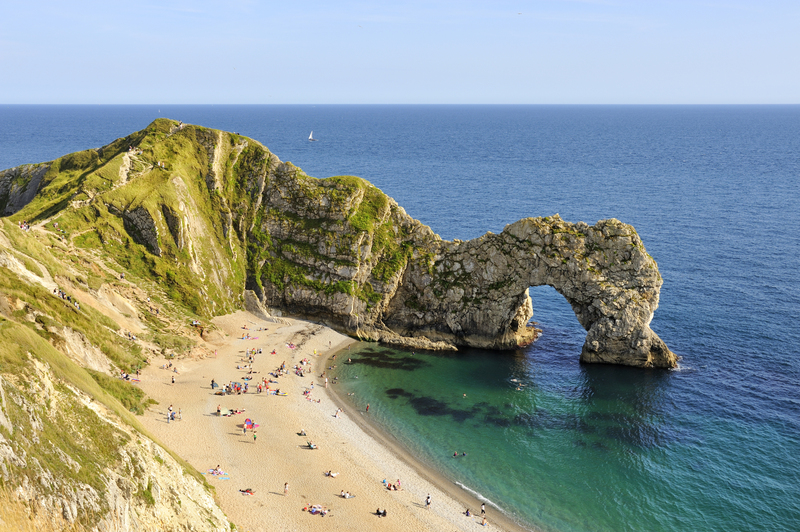Expenses in Northern Ireland
Posted on 05/04/2025
Northern Ireland is a country steeped in history and culture, with stunning landscapes and friendly people. It's a land of castles, green fields, and cozy pubs. But for those considering moving or visiting this beautiful country, it's important to understand the cost of living. From housing to food to transportation, there are many factors that contribute to expenses in Northern Ireland.
In this article, we will take an in-depth look at the different costs associated with living in Northern Ireland. We'll explore the average prices for essentials such as housing, groceries, utilities, and transportation. We'll also discuss the pros and cons of living in Northern Ireland, along with some tips and takeaways to help you manage your expenses. So let's dive in and get a better understanding of the cost of living in this picturesque country.
Housing Expenses
Northern Ireland offers a variety of housing options ranging from modern apartments to traditional cottages. The most popular type of accommodation is a semi-detached house, with an average rent of ?500-?700 per month depending on location. In Belfast, the capital city, rents can go up to ?800 per month. For those interested in buying property in Northern Ireland, prices vary significantly depending on location and size. On average, a one-bedroom apartment can cost anywhere between ?100,000-?150,000 while a larger family home can range from ?200,000-?300,000.

Grocery Expenses
The cost of groceries in Northern Ireland is slightly higher than the UK average but still relatively affordable compared to other European countries. A weekly shop for a family of four can cost around ?80-?100 depending on where you shop and what you buy. However, if you opt for local markets or discount stores, you can save even more money. Northern Ireland also has a wide variety of delicious local produce such as fresh seafood and traditional Irish cheeses that are worth splurging on.
Utility Expenses
Electricity, gas, and water bills in Northern Ireland are comparable to the UK average. However, it's important to note that heating costs can be higher due to colder temperatures and longer winters. A family of four can expect to pay around ?150-?200 per month for utilities. Internet and phone services are also reasonably priced, with various providers offering competitive packages.
Transportation Expenses
One of the major advantages of living in Northern Ireland is its relatively low transportation costs. The public transport system is efficient and affordable, with a single bus or train ticket costing between ?2-?3 depending on distance and time of travel. Taxis are also readily available but can be on the pricier side. If you plan on owning a car, petrol prices are similar to the UK average, while car insurance can be slightly cheaper.
Pros and Cons
As with any country, there are both pros and cons to living in Northern Ireland. One of the biggest pros is the affordable cost of living compared to other countries in Europe. With lower housing costs and reasonable expenses for groceries and utilities, Northern Ireland offers a good balance between quality of life and expenses.
On the downside, salaries in Northern Ireland tend to be lower than the UK average, making it challenging for some people to make ends meet. And while public transportation is relatively cheap, owning a car can add an extra expense.
Tips
To manage your expenses effectively in Northern Ireland, it's essential to create a budget and stick to it. Make use of discount stores for groceries and take advantage of local markets for fresh produce. Consider using public transportation instead of owning a car if you live in a city as this can save you a lot of money. It's also crucial to research different areas before committing to renting or buying a home as prices can vary significantly.

Takeaways
The cost of living in Northern Ireland is reasonable, with affordable housing and groceries. However, it's essential to consider your income and budget carefully to ensure a comfortable lifestyle. Take advantage of local markets and discount stores to save money on groceries, and consider using public transportation or carpooling instead of owning a car.
Conclusion
In conclusion, Northern Ireland offers a good balance between quality of life and expenses. The cost of living is manageable, with affordable housing, groceries, and utilities. While there are some challenges, such as lower salaries and potential heating costs, careful planning can help you live comfortably in this beautiful country. With the tips and takeaways provided in this article, you can make informed decisions about your expenses in Northern Ireland and enjoy all that this unique place has to offer.
Latest Posts
Estimating the Duration to Relocate



